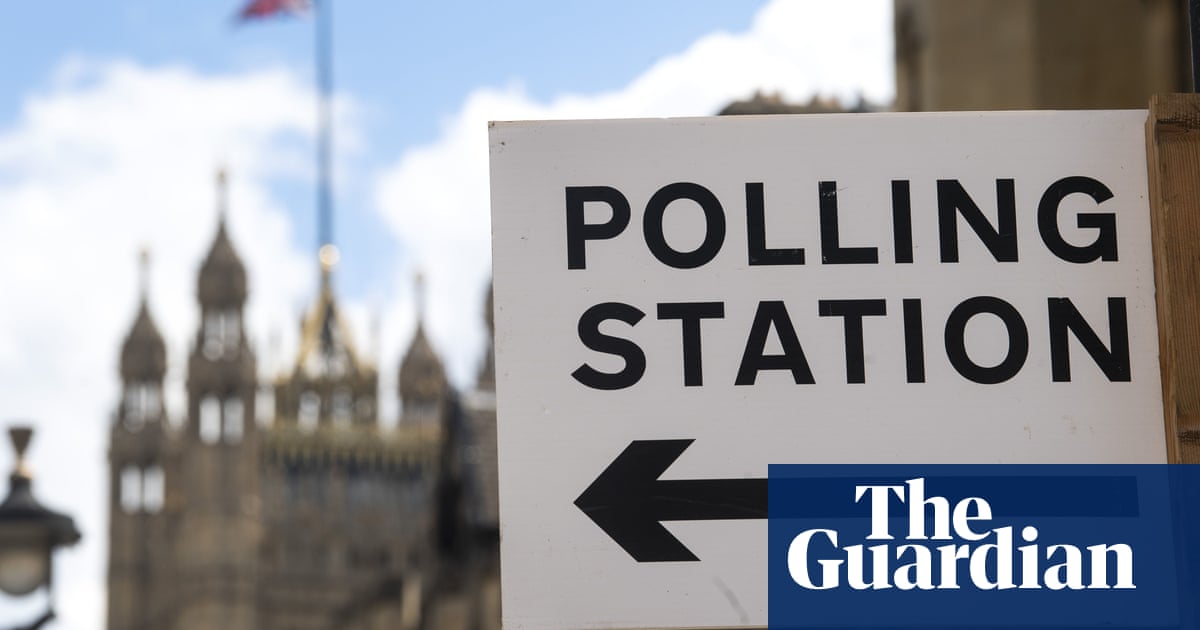
It seems like deja vu, yet another crunch week with talks centring on three issues: fisheries, fair competition and governance.
But with key meeting of EU leaders at a council summit on Thursday, most are agreed there are only three or four days left to seal an agreement.
“If the ambience warms up again and great progress is made, and it is just about sorting out the detail, then you can always find more time,” environment secretary George Eustice told The Andrew Marr Show on BBC on Sunday.
“But unless we can resolve these quite fundamental divergences at the moment then we are going to have to take a position in the next few days,” he added.
Is there appetite for no deal?
While most believe no deal will be catastrophic for both sides, the threat of it remains, even as a strong negotiating tactic at the very least. The Sunday Times reported 13 cabinet ministers including eight remainers as ready to support no deal.
Sources confirmed “there will be very little push back” from the cabinet if Boris Johnson opted for no deal and there were reports that Steve Baker, who led the rebellion against Theresa May’s deal to remain in the customs union, is willing to lead opposition if hard Brexiters feel betrayed.
The Centre for Brexit Policy, supported by one of Baker’s allies Owen Paterson, is circulating a “Brexit deal scorecard” to help MPs decide if any deal keeps manifesto promises.
Latest on fishing arguments
A major breakthrough on Sunday evening looks as if all that remains is political approval – which is not guaranteed with the French threatening to veto any deal. Details are not yet known but agreement will have rested on quotas, access and a transition period for the sector. The EU wants a deal for 10 years. Eustice told the BBC the UK was “open” to a multi-annual agreement “maybe running for three years”.
Latest on level playing field
Level playing field issues have also to be resolved, though Theresa May’s former special adviser on Europe, Raoul Ruparel, noted recently that both sides had “adopted slightly ridiculous hard-line ideological positions” and the evolution of ratchet clauses designed to ensure a narrow gap between standards on workers rights and environmental rights was solvable as the original EU proposal allowed UK a veto on any changes to future alignment.
Latest on dispute resolution
But there are also issues over dispute resolution. While an independent arbitration process is expected, the UK has protested that Michel Barnier, the EU chief negotiator, tabled legal text giving the EU the right to “lightning tariffs” immediately imposed on the transgressor. This has been described as a political resolution for disputes, but comes with expensive risks of “whack-a-mole” trade wars, according to Cambridge law professor Catherine Barnard.












